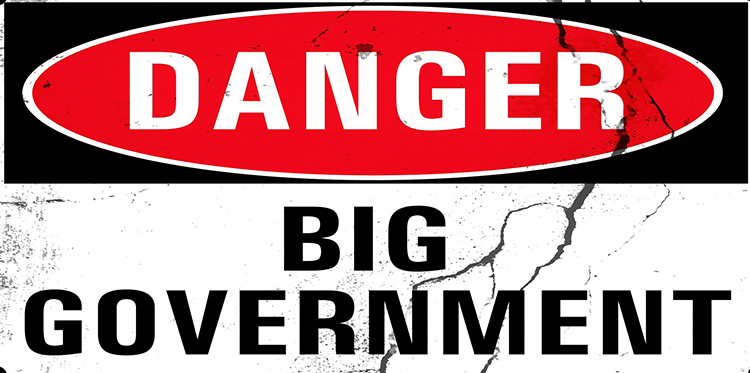After two years in the Oval Office, President Biden has finally used his veto power for the first time. Can you guess what legislation he stopped in its tracks? House Joint Resolution 30 would have condemned a move by the Department of Labor to push ESG investing principles on American retirement accounts. ESG, which is short for Environmental, Social, and Governance, is an investing philosophy which prioritizes a company’s adherence to woke ideology over their ability to actually make returns for their investors. For instance, rather than investing in a more profitable company, an ESG fund looks for a company that focuses on climate change and diversity quotas.
Facing the prospect of diminishing their life savings with bad investing philosophy, only the most diehard leftist would actually seek out ESG if they know what it means. That is probably why President Biden’s statement on his veto focused less on making the case for why ESG is good, and more on making the case for why he won’t approve of anything that Republicans voted for.
However, what Biden’s statement conveniently left out is that the resolution didn’t pass on a party line vote. Even some Democrats are smart enough to know that a vote for ESG is a vote against the needs of their constituents. Democrat Senator Joe Manchin of West Virginia was particularly vocal about his support for HJR 30 and opposition to ESG, saying that the Biden Administration, “continues to prioritize their radical policy agenda over the economic, energy and national security needs of our country, and it is absolutely infuriating.” This statement is not surprising coming from Senator Manchin, whose home state of West Virginia relies on the coal and natural gas industries. Under ESG, it would be a major faux pas to invest funds in even the most lucrative coal company, because that would not be in line with ESG’s green energy agenda.
Despite what the left may tell you, companies become profitable by meeting the needs of their customers. President Biden’s commitment to wokeness before effectiveness is a major loss for ordinary Americans’ retirement accounts, good companies, and the customers they serve.






